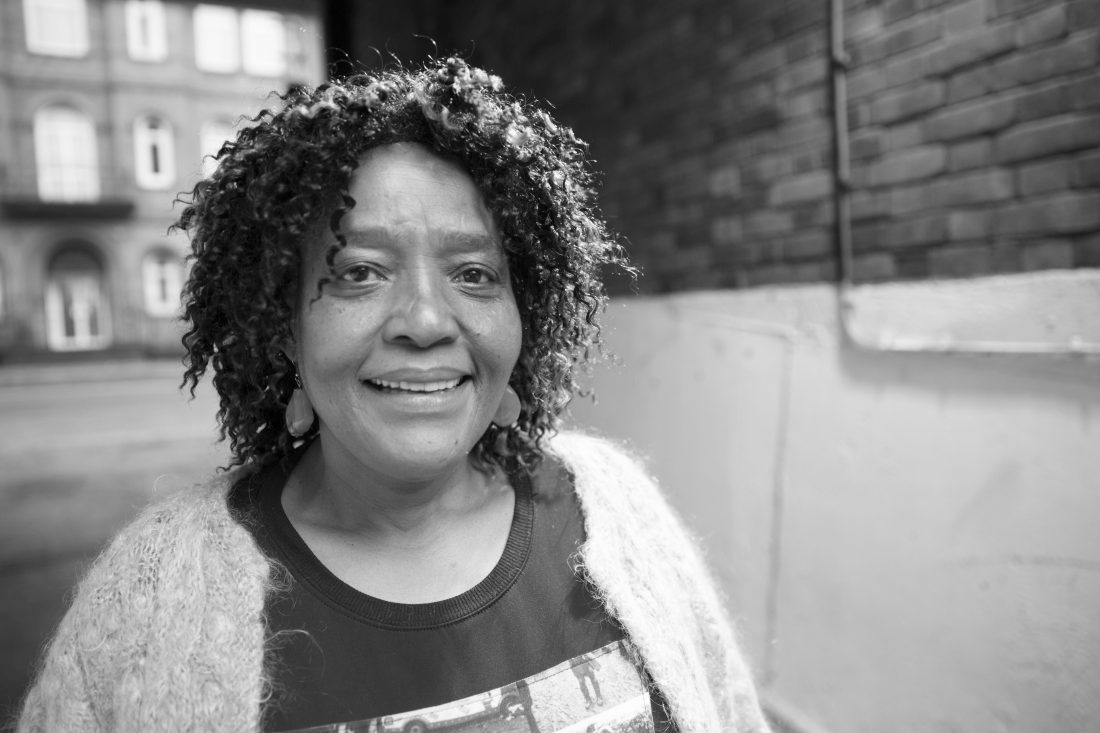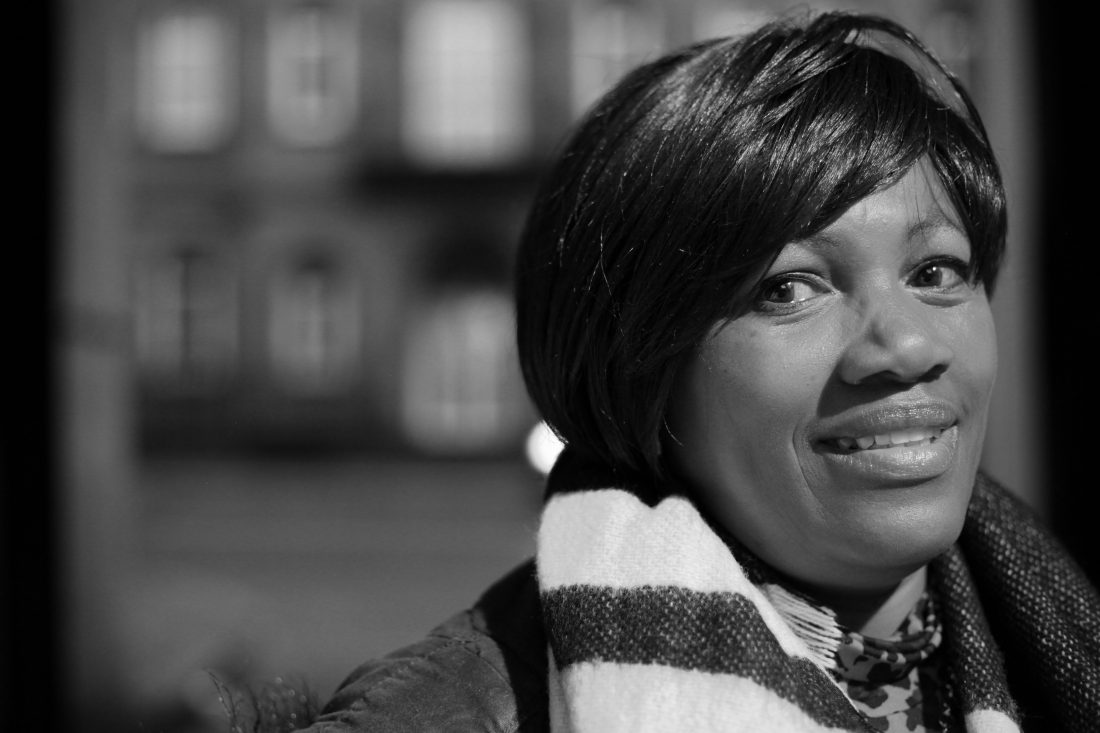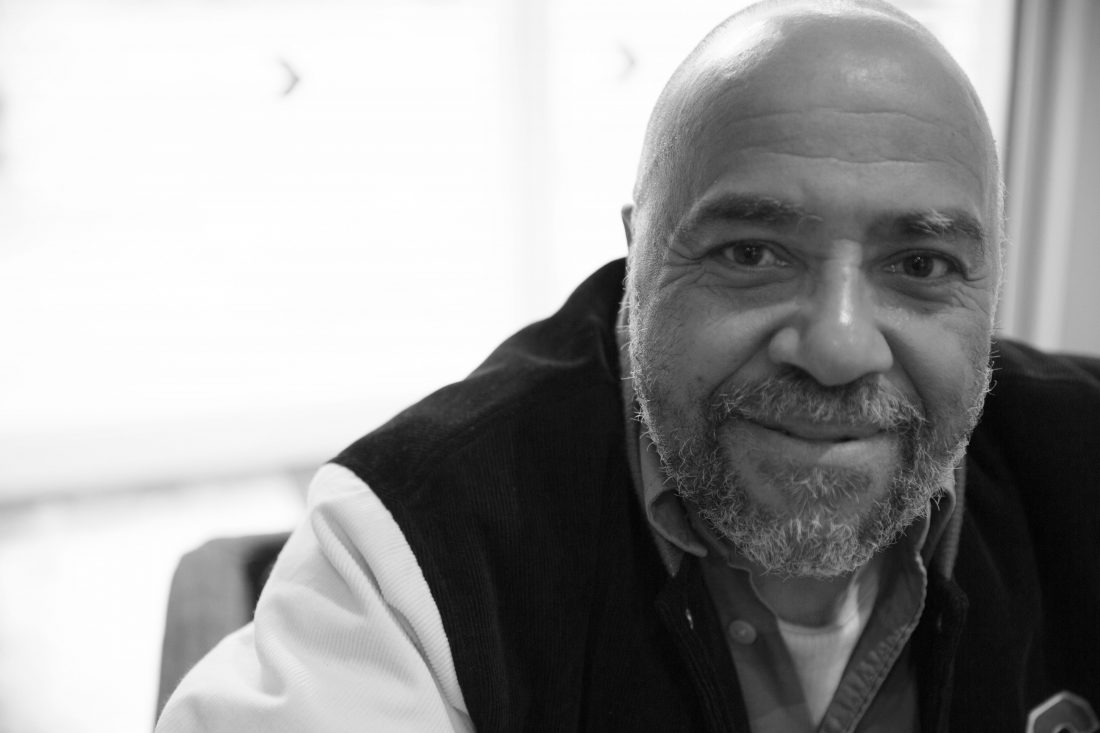A groundbreaking report, published today by the UK’s leading HIV and sexual health charity, has captured the reality of what it means to be part of the first generation of people to grow old with HIV, with many facing poverty, loneliness and discrimination.
“Advances in HIV treatment mean that people with HIV are living longer and we are now seeing the first generation of people growing old living with HIV. This is good news – but it also means we’re entering uncharted territory,”
said: Ian Green, Chief Executive of Terrence Higgins Trust.

Roseline Morobi, 57, living with HIV since 2002. Image credit: J. McGill Winston
Older people now represent 1 in 3 of all people living with HIV, but the social care, healthcare and welfare systems aren’t ready for this new and fast-growing ageing generation, according to the new report, which is called – Uncharted Territory.
The charity found that poverty, loneliness and social care are major concerns for older people living with HIV, and has warned of a social care ‘timebomb’ ahead.
Meanwhile 84% of respondents were concerned about future financial plans.
The survey of over 240 older people living with HIV also showed that 82% experienced moderate to high levels of loneliness – three times more than the general population of the same age.
Eight out of ten (82%) of people living with HIV aged over 50 are concerned about whether they will be able to access adequate social care in the future.
Ian Green, said:
“Many of these individuals were diagnosed when HIV was considered fatal and never expected to live beyond a couple of years – as a result, they’re less likely to have savings or pensions, and many have become socially isolated. And since then thousands more have been diagnosed with the highly stigmatised condition.
“These statistics should be a wake-up call to governments. People aged 50 and over are now the fastest growing group of people living with HIV. The issues they face can no longer be ignored, as the challenges of poverty, loneliness and social care grow more acute.”
Ian Green said: “We’ve heard stories of how older people with HIV searching for care homes have been turned away or treated in a way that reflects outdated awareness of HIV. One lady living with HIV in a care home was encouraged to spend as much time as possible in her room to avoid contact with other residents. When she did leave her room she was only allowed to sit on one chair and the television remote was wiped down with antibacterial wipes after she’d used it.
“This is shocking. A major shift in awareness and training for social care staff and support services on HIV and ageing is needed, to ensure they have the skills and knowledge to support the increasing numbers of people growing older with HIV.”

Sarah Bisholo, living with HIV since 2001. Image: Natasha Valentino
Sarah Bisholo, 58, said:
“People diagnosed today have hope. They know that, with effective treatment, they can live as long as anyone else and won’t pass on the virus. We didn’t have that hope. I spent years thinking I was going to die. The clock was ticking. My strength was taken away, emotionally and physically.
“I do worry about if I have to go into a care home. I’ve seen it in hospitals where you see nurses whispering, ‘She’s got HIV’. I don’t want that in my older age.
“I met Prince Harry this year and lots of us who were there felt able to talk about our HIV status with him. I feel often people living with HIV can stigmatise ourselves for fear of being outcast or neglected. So now my only dream for older age is to spend it fighting stigma, fear and isolation.”

George Rodgers, living with HIV since 1994. Image credit: J. McGill Winston
George Rodgers, 56, said:
“Growing older with HIV, you wonder what’s going to happen long term? You can feel left on your own. Those of us who are living with HIV long term are having more health problems it seems.
“No-one actually knows how HIV interacts with other things. I’ve got diabetes as well as HIV and sometimes it’s hard to tell the difference between what symptoms are linked to what.”
Read the full findings in the Uncharted Territory report, and find out more about the campaign at www.tht.org.uk/UnchartedTerritory













1 comment